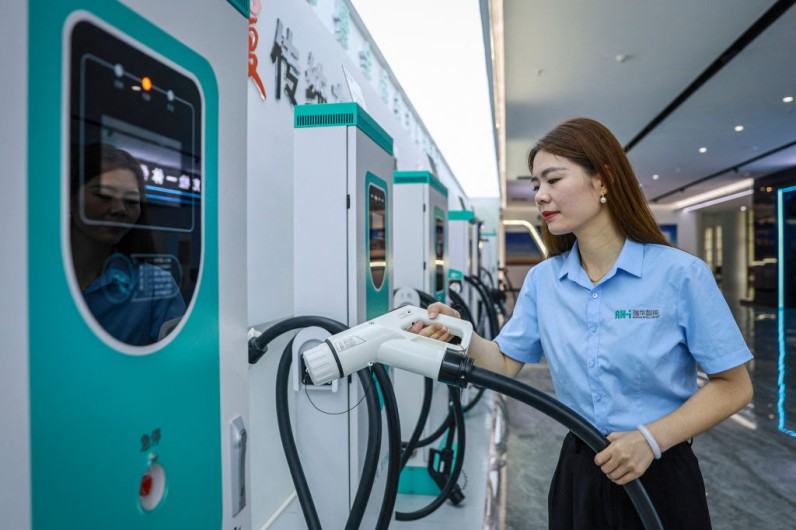
Foreign carmakers in China struggle to compete in the country's rapidly growing electric vehicle (EV) market, which is dominated by domestic brands. According to a report by consultancy firm AlixPartners shared by CNBC, higher production costs and insufficient product differentiation are major challenges for foreign automakers.
Despite new tariffs imposed by the U.S. and EU on Chinese EVs, Chinese companies are likely to mitigate these effects by localizing production in Europe.
Foreign vs Chinese EV Makers
Currently, Chinese automakers such as Nio and BYD are expanding their reach into Europe and other overseas markets, according to VCPost. This, in return, prompted the U.S. to raise the 25% tariffs on Chinese EVs to 100%. The EU has also announced tariffs of up to 38% on Chinese EV imports, set to take effect in November.
Despite these tariffs, Chinese EVs are still expected to make a profit of 20%, similar to their margins in the domestic market. This is because Chinese companies are accelerating their move to localize production in Europe, which will cut transportation costs.
For instance, BYD is opening a factory in Hungary and has recently announced a $1 billion deal with Turkey.
At the moment—China, as the world's largest auto market, has taken the lead in the development of new energy vehicles (NEVs), which include battery-only and hybrid-powered cars. NEVs now account for more than 40% of new passenger cars sold in China, with domestic automakers leading sales.
Many foreign carmakers have not yet figured out how to make their products stand out in this competitive market.
To retain their market share in China, some foreign automakers are partnering with local brands. Volkswagen, for example, has partnered with Xpeng to launch an SUV, while BMW has introduced a new Mini-Cooper EV through its joint venture with Great Wall Motor.







Join the Conversation